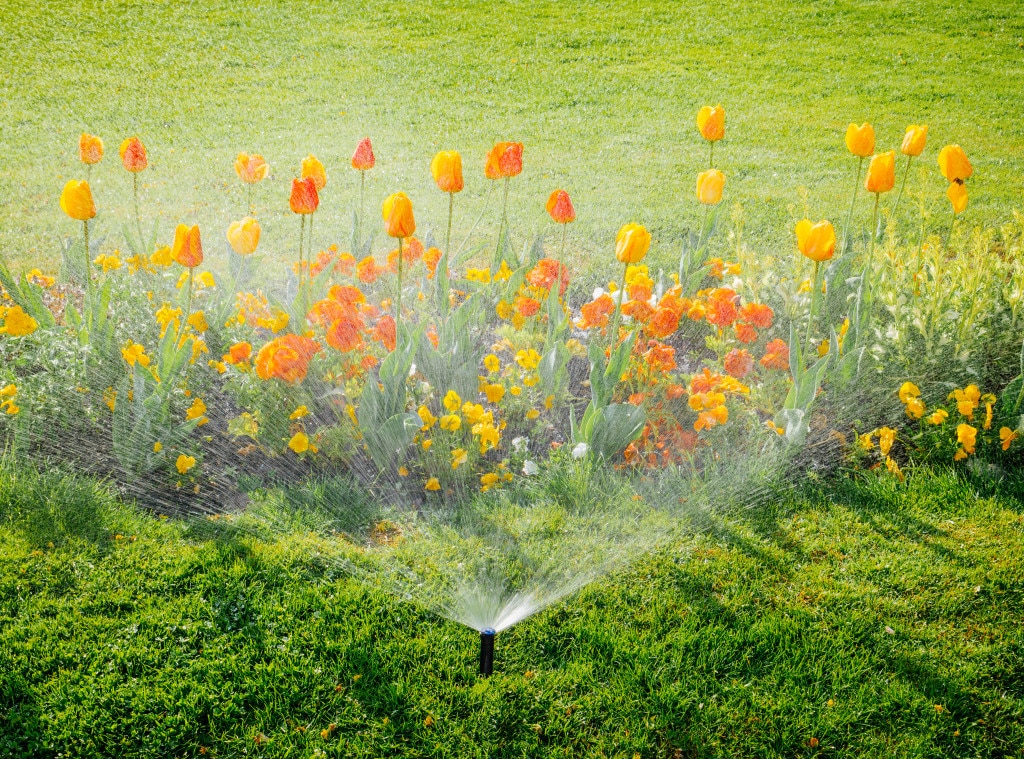Your septic tank is responsible for catching all kinds of grime that goes down your pipes. But it won’t work at its best if you keep on dumping substances down the drain that cause build-ups and clogs or are hard to break down.
Permanent damage to the septic tank and its components is a costly problem. Apart from contacting businesses that offer septic tank cleaning for your Salt Lake City home, you can prevent the problem before it even starts. Here are substances that should never go into your septic tank.
Household cleaners
Don’t be misled — while they’re generally used to clean parts of the house, excessive use of bleach, chlorine, muriatic acid, or ammonia can also “clean” the good bacteria that break down the solid wastes in your septic tank.
To make sure, look for a label issued by the Environmental Protection Agency or EPA that shows these cleaners are chemically safe for your septic systems.
Clay from detergents
In addition to bleach, laundry detergent is another cleaning agent that can potentially harm your septic system, at least in its powder form. As it turns out, powdered detergents contain fillers called montmorillonite clay that form lumps and can clog up drains leading to the septic tank.
Apart from opting for liquid detergents instead, try to use water efficiently by doing laundry in single batches and using a front-loading high-efficiency washer.
Disposed food wastes
To make things easier in the kitchen, you probably often use your garbage disposal for those filthy food leftovers. But in turn, you might be inconveniencing your septic system. The solids that either succeed or fail to mash still have to go somewhere, that being the leach fields and pits of your septic tank.
The same goes for disposing oil and grease from your pans. The solution? Throw them out as composts instead.
Oily shower products
Your bath regimen is one of the most common culprits for septic tank problems, mainly because you do it daily. While most products are safe, some pose bigger problems than others, which includes bath bombs, or any product that has oil, fat, salt, or micro-beads.
These substances are either hard to break down or don’t disintegrate at all, causing a clog in your septic system.
Non-breakable litters
When in the bathroom, there are other things you probably throw out unceremoniously in the toilet or down your drains, which your septic tank finds a little hard to decompose. These are, though not limited to, used sanitary napkins or tampons, moist towelettes or paper towels, disposable diaper, worn bandages, and condoms.
These items will almost certainly cause your tank to back up, so always dispose of these wisely.
Hydrophilic plant roots

Even nature can be a problem for your septic system. The roots of hydrophilic plants or water-hungry plants can invade septic systems by penetrating pipe joints that channel into your septic tank, disrupting the system.
If you’re planting trees or grass nearby septic systems, opt for perennial species that have shallow root systems, so they don’t interfere with your septic infrastructure.
Your septic system should be the least of all your plumbing problems. As long as you dump your waste responsibly and pump regularly, then it should be able to regulate itself.
